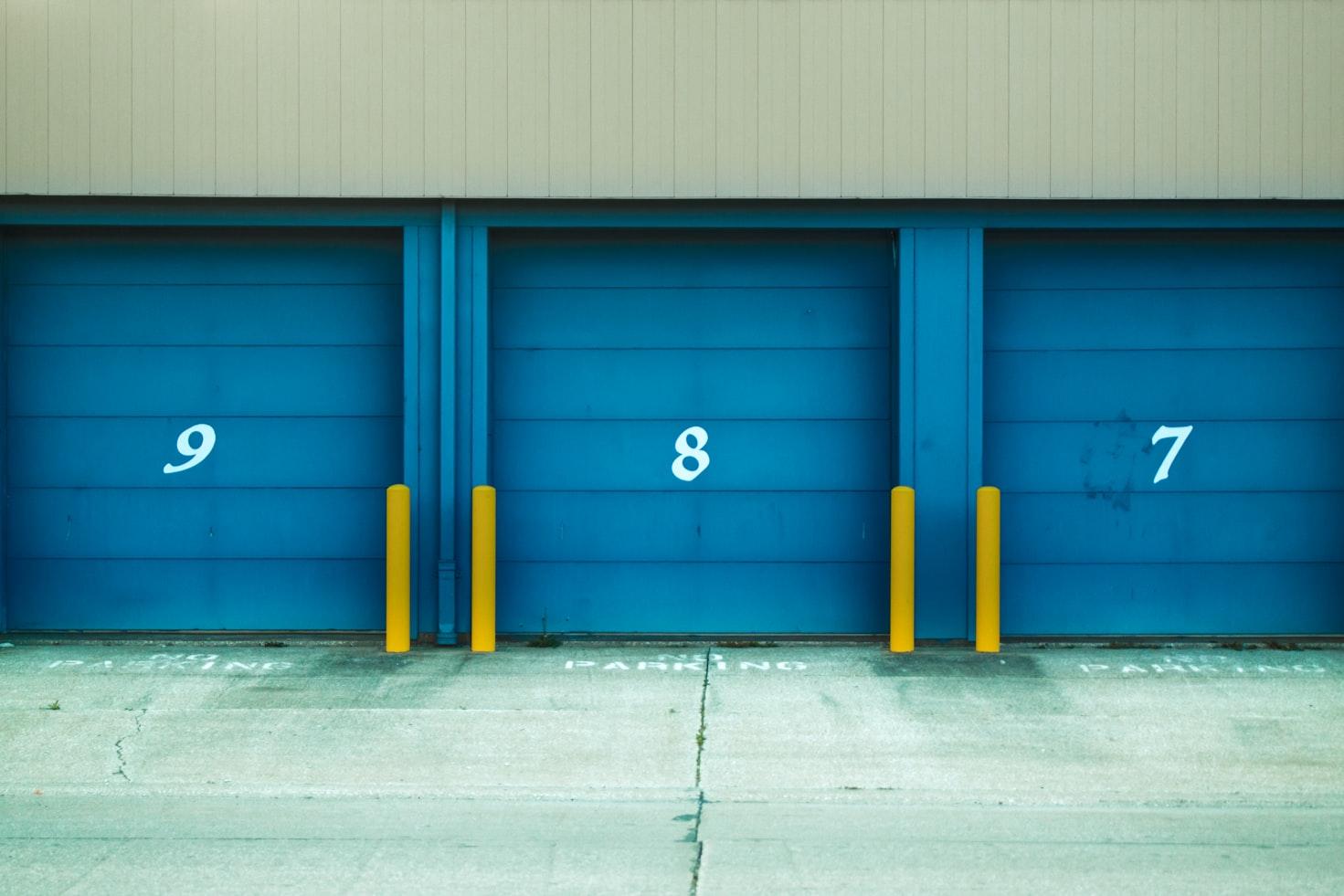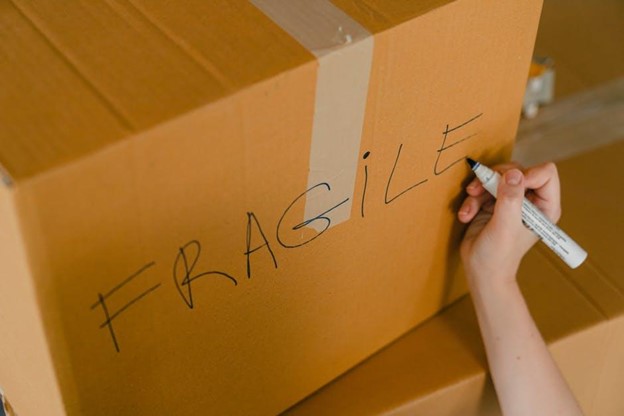Self-storage solutions offer a practical way to manage belongings without cluttering your living or working areas. Whether you're moving, downsizing, or simply need extra space, knowing the key aspects of self-storage can help you make informed decisions. Here are six important facts to consider when exploring self-storage options.
1. Variety of Storage Unit Sizes
Self-storage facilities provide a wide array of unit sizes to meet various storage requirements. From compact lockers ideal for personal belongings to expansive units capable of holding the contents of an entire household, the selection is extensive. When determining the appropriate size, evaluate the quantity and dimensions of the items you intend to store. For example, if you’re relocating, a larger unit may be necessary to accommodate furniture and numerous boxes. Conversely, storing seasonal decorations or important documents might only require a smaller space. Consider North Rockhampton storage facility or similar providers to explore the available sizes and find one that best fits your requirements. Some facilities offer flexible sizing options, allowing you to adjust the space as your storage needs change over time.
2. Security Features
Security is a paramount concern when choosing a self-storage facility. Reputable providers implement multiple layers of security to protect your belongings. Common security measures include surveillance cameras, gated access with personalized codes, and on-site staff during operating hours. Many facilities offer individual unit alarms and secure locks to enhance protection. Before committing to a storage unit, inquire about the specific security protocols in place to ensure your items are safe. Advanced security features safeguard your possessions and provide peace of mind, knowing that your valuables are monitored and protected around the clock.
3. Accessibility and Convenience
Facilities vary in their accessibility hours, with some offering 24/7 access, while others have more restricted times. Consider your schedule and how often you might need to retrieve or add items to your storage unit. Features like drive-up access can simplify the process of moving items in and out, especially if you're handling heavy or bulky possessions. Choosing a facility that aligns with your accessibility needs will enhance convenience and usability. Proximity to major roads or your home can also reduce travel time, making it easier to visit your storage unit whenever necessary.

4. Pricing and Contract Flexibility
Cost is an important factor when selecting a self-storage solution. Prices typically vary based on unit size, location, and additional features such as climate control or enhanced security. It's advisable to compare rates from different providers to find a competitive price that fits your budget. Flexibility in contract terms can offer added convenience. Some facilities provide month-to-month agreements, allowing you to rent space without long-term commitments. Understanding the pricing structure and available contract options will help you manage expenses effectively. Look out for discounts or promotions that can make storage more affordable, especially if you plan to use the unit for an extended period.
5. Climate-Controlled Options
For items sensitive to temperature and humidity, climate-controlled storage units are a valuable option. These units maintain consistent temperature and humidity levels, protecting belongings like electronics, artwork, documents, and furniture from damage. While climate-controlled units may come at a higher cost, the added protection they offer can be worth the investment, especially for valuable or delicate items. Assess whether your possessions require such conditions to determine if this feature is necessary for your storage needs. Climate control can prevent issues like mold growth, warping, and fading, ensuring that your items remain in optimal condition throughout their storage period.
6. Location and Proximity
The location of the storage facility can impact both convenience and cost. Facilities situated closer to your home or workplace typically offer easier access, reducing the time and effort needed to retrieve items. However, urban locations may come with higher rental fees compared to those in suburban or rural areas. Balancing proximity with your budget is key. Consider the facility's surroundings and neighborhood safety, as these factors contribute to the overall security and accessibility of your storage unit. A well-located storage facility saves you time and ensures that your belongings are stored in a safe and accessible environment.
Self-storage solutions provide a flexible and efficient way to manage space, whether you're dealing with temporary needs or long-term storage requirements. By understanding the variety of unit sizes, security measures, accessibility options, pricing structures, climate-controlled features, and location considerations, you can choose a storage facility that best suits your needs. Taking the time to evaluate these key factors will ensure that your belongings are stored safely and conveniently, giving you peace of mind and a clutter-free environment. Whether you're storing personal items, business inventory, or seasonal goods, selecting the right self-storage solution can make a significant difference in maintaining an organized and stress-free space.










